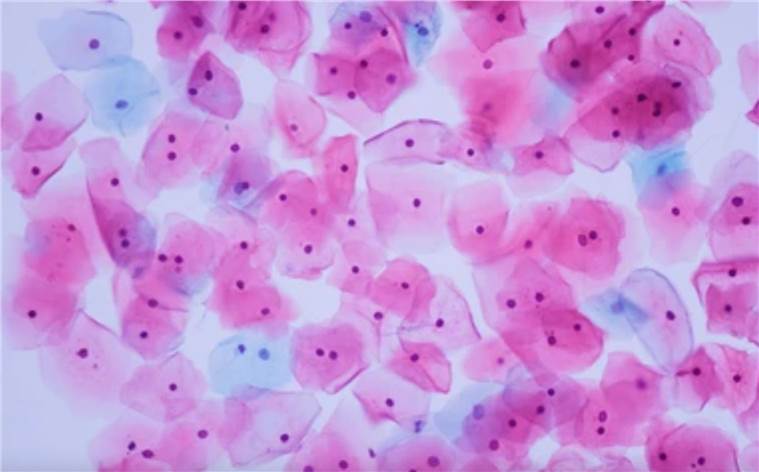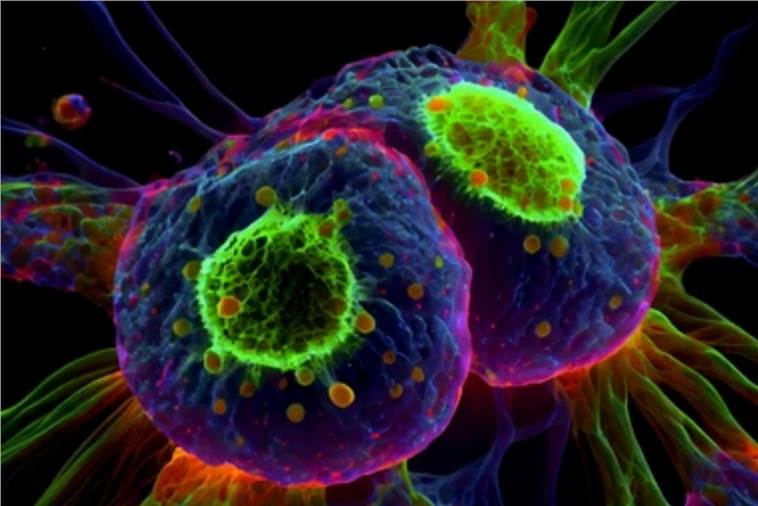Cellular immunotherapy has made great strides in recent years, offering many refractory tumors a cure. Cellular immunotherapy remains active and promising, offering new advancements in oncology treatment and human well-being as tumor targets and processes are continually found.
For the preclinical development of cellular immunotherapies, Alfa Chemical offers customers a one-stop research platform that covers a variety of immunotherapeutic modalities, including CAR-T, TCR-T, and CAR-NK. We carry out a variety of preclinical research projects for our global customers, taking into account the features of various research projects, using a wide range of animal models and a variety of advanced analytical techniques.
Our Cellular Immunotherapy Research Platform
Our one-stop cellular immunotherapy research platform has a wide range of research capabilities including CAR-T cells, TCR-T cells, CAR-NK cells, DNT cells, and TIL cells.

Pharmacology and Pharmacodynamics of Cellular and Gene Therapy Drugs
| Safety Pharmacology | - The study of potential adverse effects of drugs on physiological functions at doses within or above the therapeutic range.
- Studies generally include effects on the central nervous system, cardiovascular system, and respiratory system.
- Depending on product characteristics, additional studies on other organ systems may be required.
|
| In Vitro Pharmacodynamic Studies | Efficacy testing of cellular therapies such as CAR-T: tumor killing or proliferation inhibition rates, IFN-γ expression levels, and phenotypic changes in CAR-T cells. |
| In Vivo Pharmacodynamic Studies | Cell therapy test substances | This can be prepared from blood donated by healthy volunteers, and some proof-of-concept studies can be done with alternative products of animal origin. |
| Gene therapy test substances | - Studies consider production processes, key quality characteristics, clinical use of the formulation, etc.
- Subjects should be evaluated for activity in non-clinical studies if germline specificity is available.
- If the vector uses an expression tag, the impact of the tag on the supportability of the non-clinical trial should be analyzed.
|
| Detection methods and evaluation indicators | - Bioluminescence imaging (BLI).
- Flow cytometry: detects the number of tumor cells in animals.
- Flow cytometry, ELISA, MSD: changes in tumor-associated cytokines.
- Relevant parameters: tumor volume, tumor weight, tumor cell colonization site in animals and median survival of animals.
|
| Model resources | - Homologous mouse model.
- Transgenic mouse model.
- Transplanted tumor mouse model.
|
Pharmacokinetic Studies of Cellular and Gene Therapy Drugs
Our company is interested in pharmacokinetic studies of the in vivo behavior of samples, such as biodistribution distribution, proliferation, and survival time. We also track the expression and secretion of transgenic products outside of immune cells, if any, to provide their local and/or systemic exposure characteristics.
Our pharmacokinetic (biodistribution) assay techniques are as follows:
- Imaging techniques.
- Flow cytometry.
- Immunohistochemistry techniques.
- Quantitative PCR techniques.
- Enzyme-linked immunoblot assay.
- ddPCR.

Non-clinical Safety Assessment of Cellular and Gene Therapy Drugs
Extensive safety analysis and assessment of gene therapy products, as well as, if necessary, the safety of newly introduced gene expression products, should be carried out in toxicology studies. Cellular therapies have non-clinical safety hazards such as B-cell cytopenia, reversible neurotoxicity, cytokine release syndrome, and graft-versus-host disease (GVHD).
Our company's non-clinical safety evaluation consists of:
- Single-dose toxicity test.
- Repeat dose toxicity test.
- Immunogenicity/immunotoxicity.
- In vitro soft agar clone growth assay.
- In vivo tumorigenicity/tumorigenicity.
- Formulation safety.
For more information, please feel free to contact us.
Related Services
It should be noted that our service is only used for research, not for clinical use.


